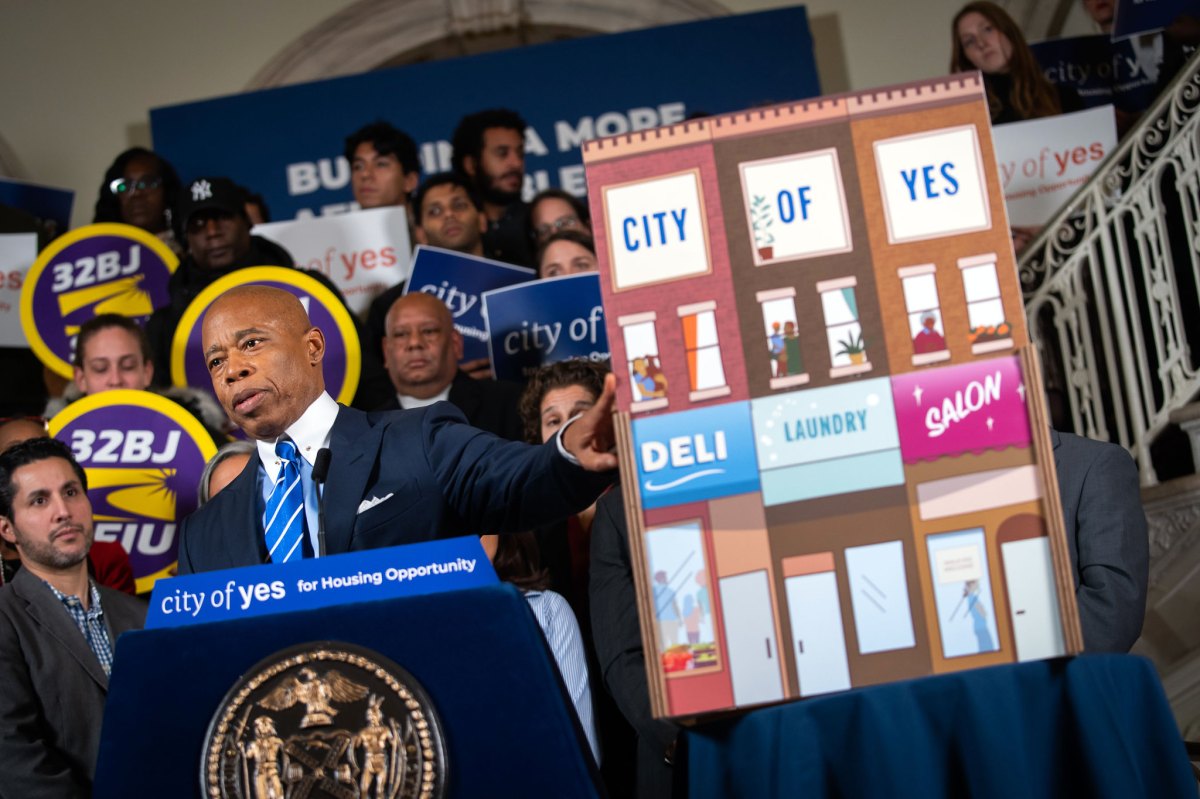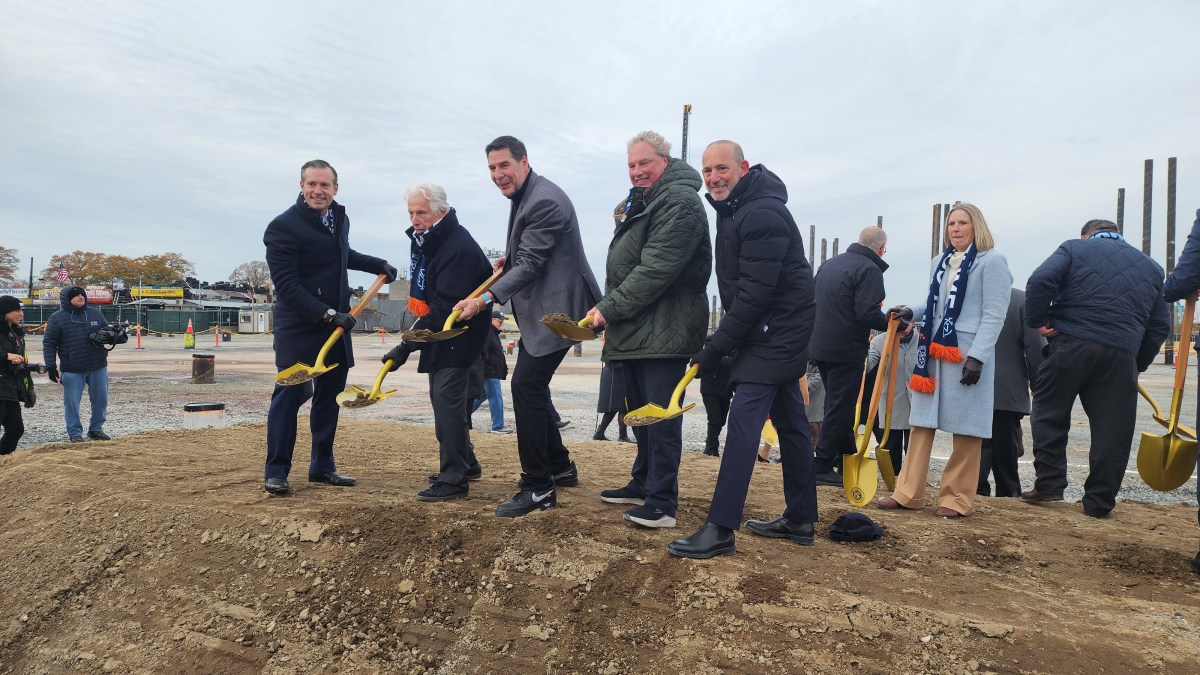
This spring, the city announced it had given hundreds of property owners one last chance to recoup the 421-a tax benefit by complying with provisions of a perk that aims to encourage the creation of affordable homes.
Now that the May 1 compliance deadline has passed, 730 of the 1,788 targeted properties lost the benefit, according to data provided by the city Department of Finance last month. Collectively, the properties lost about $22.38 million, according to the Department of Finance.
The property tax benefit was launched in the 1970s to spur residential construction. Over the years, it has been extended to co-ops, condos, two- to three-family homes and rental developments.
Although the city yanked 421-a from properties for a variety of concerns, advocates have focused their attentions on rental properties, since they must abide by rent stabilization rules while receiving 421-a.
Earlier this year, at least 367 developments with rental units had 421-a suspended for undisclosed reasons. The new city data shows 175 of these lots have had the benefit reinstated by fulfilling all of the 421-a requirements by May 1.
The number of developments with rental units could be higher if two- and three-family homes need to include rental units, and therefore, be rent-stabilized to receive 421-a, but city agencies were not able to explain provisions for those sorts of buildings.
Miriam Colon, the assistant commissioner of housing incentives at the city Department of Housing Preservation and Development, said the government was pleased with the results of their enforcement strategies.
“It has been effective. We have brought all those units back into rent stabilization, and consistent rent stabilization,” Colon said. “We are very serious about it, and we will continue working on compliance and enforcement so that New Yorkers have affordable housing and they are protected.”




































